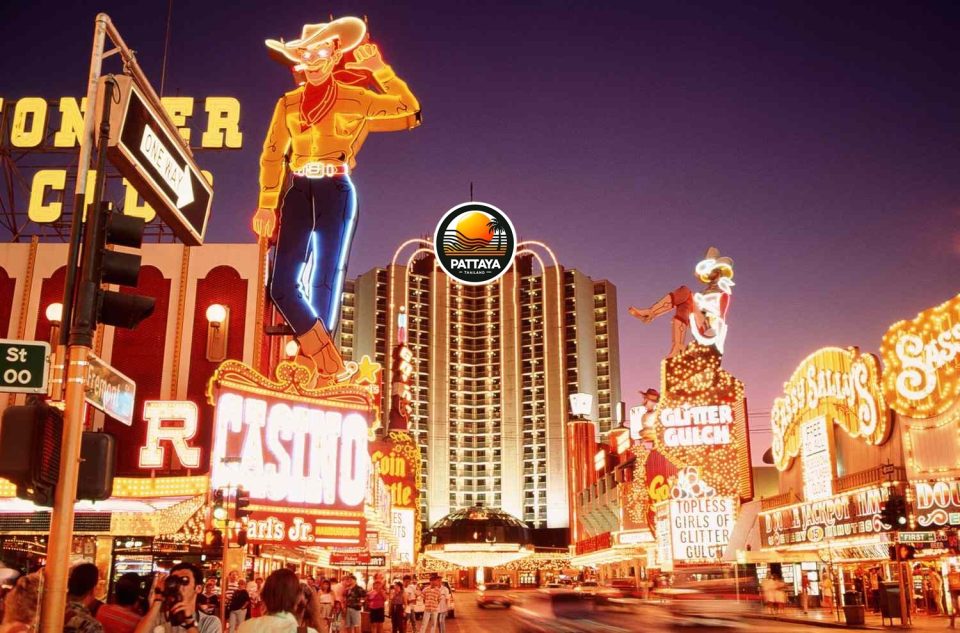The government is moving forward with a bill to legalize casinos within entertainment complexes across the country.
According to government sources, the Finance Ministry has completed the draft of the Entertainment Complex Act. The bill will soon undergo a public hearing, as mandated by Section 77 of the constitution, to ensure public participation in the legislative process.
Following the hearing, the bill, along with the public’s feedback, will be submitted to the cabinet for consideration. The government has previously expressed support for entertainment complexes that include casinos.
Deputy Prime Minister and Commerce Minister Phumtham Wechayachai stated that leaders and representatives of the coalition parties will hold a monthly meeting at Government House today. Among the topics on the agenda is the entertainment complex bill, which aims to legalize casinos and regulate the gambling industry.
The bill outlines the rationale for establishing such entertainment complexes and legalizing casino operations within them. It argues that the tourism industry has already generated significant revenue for the country, and further development of the entertainment industry could enhance tourist spending.
“Promoting and regulating integrated entertainment complexes that meet standard requirements is a crucial step to encourage domestic investment, which will benefit the country and support sustainable tourism,” the bill states.

The proposed bill, which contains 65 sections, outlines strict regulations for establishing and operating entertainment complexes that include casinos. Under the bill, these complexes must obtain a license to operate, valid for up to 30 years. The operator is required to pay 5 billion baht for registration and an additional annual fee of 1 billion baht. Every five years, the complex will undergo an assessment. After 30 years, the license can be renewed for another 10 years.
The bill imposes an age restriction, prohibiting individuals under 20 from entering these venues. While the complexes will be open to all foreigners, Thai citizens must pay an entrance fee of 5,000 baht.
A policy board, chaired by the prime minister, will be established under the bill to set the rules and regulations governing these gaming complexes.
Mr. Chai, a government representative, previously highlighted the potential economic impact of the project, noting that the global business value of casino-based entertainment complexes reached US$1.5 trillion (53 trillion baht) in 2022, with projections of an increase to $2.2 trillion by 2028. He pointed out that entertainment complexes generate significant income for many countries each year. For example, Macau, with a population of just 690,000, brings in up to $32 billion from this industry, followed by Las Vegas with $30 billion, and Singapore with $12 billion. He added that with Japan planning three similar projects, Thailand needs to expedite its own project to secure its share of global revenue.
According to Mr. Chai, the entertainment complex project is expected to generate at least 12 billion baht in taxes for Thailand in its first year. A study by a House committee focused on three key aspects: the economic, social, educational, and cultural implications of having such a venue in Thailand; the business structure and revenue collection; and the legal framework and criteria for entertainment and gambling regulations. Five locations are considered potential hosts for this project: two in Bangkok and one each in the Eastern Economic Corridor, Chiang Mai, and Phuket.
However, Pariyes Angkurakitti, a spokesman for the opposition Thai Sang Thai Party, criticized the project, arguing that lax law enforcement could undermine efforts to effectively regulate the casino industry.
credit Bangkok post




